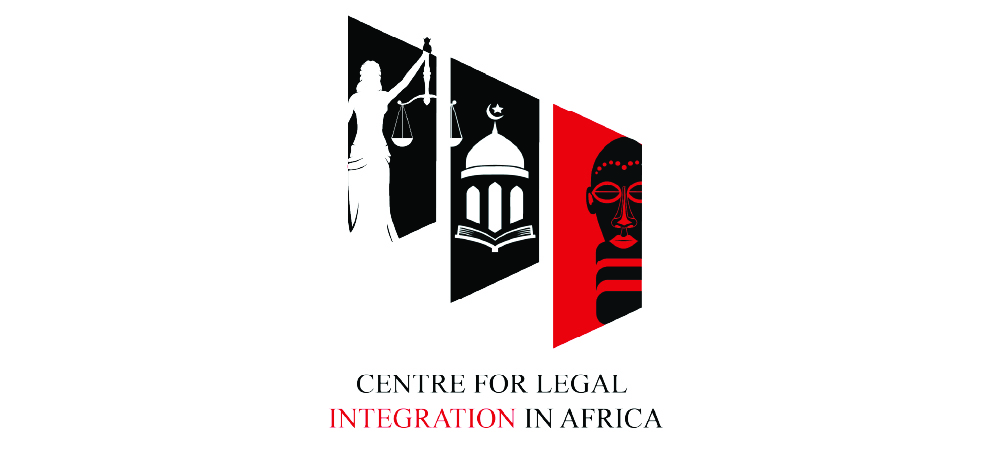
The Centre for Legal Integration in Africa (CLIA) was born on 12 October 2020 after its approval by the Council of the University of the Western Cape.
With a stellar team of researchers and advisory board, CLIA is designed to be a confluence of interdisciplinary research on the interaction of legal orders in sub-Saharan Africa. Its high-quality research will be disseminated through scholarly publications, workshops, conferences and visiting fellowships, as well as postgraduate teaching and supervision.
The Directors Message:
Welcome to the Centre for Legal Integration in Africa (CLIA), where we study the interaction of indigenous, religious, and statutory laws. Our research is inspired by the hardships people face when indigenous laws and statutory laws collide. Why do they collide?
In the precolonial era, African communities were predominantly agrarian, largely devoid of independent income, and built on ancestral worship and familial roles. Communal notions of rights and obligations underpinned the core values of norms, which sought to promote the welfare of the clan. However, European colonialism introduced urbanisation, Christianity, migrant labour, foreign laws, independent income, and individualist worldviews that revolutionised the communal setting of indigenous laws. Stripped of their core values, these laws began to disadvantage women, girls, and younger males.
In reaction, CLIA emphasises the dialogue between normative orders (‘adaptive legal pluralism’) as a way of reconciling the differing characters of indigenous and statutory laws. It thereby seeks to shape research, community engagement, and legislative reforms geared towards the integration of African legal orders into national common laws.
Please feel free to check our activities, links, and resources.
Our mission
From the colonial era, the interaction of legal orders, otherwise known as legal pluralism, has been problematic in sub-Saharan Africa.
However, history suggests that the laws imposed on African countries through colonial transplants and their accompanying socioeconomic changes will eventually merge with indigenous African laws. While post-apartheid law reforms point towards a South African common law, systematic research on legal integration is missing.
To fill this gap, CLIA pioneers interdisciplinary research, policy engagement and social outreach on legal pluralism in Africa. It uses the innovative concept of adaptive legal pluralism to shift scholarly and policy attention from conflict of laws to dialogue between state laws and indigenous African laws. Through the interdisciplinary expertise of its members and research associates in law, anthropology, history and political science, it targets development practitioners and policy makers such as judges, ministry of justice officials, traditional leaders and law reform commissions.
Thematic focus
Research and publication
- Research on the interaction of state laws and indigenous African laws, including religious laws such as Hindu and Islamic laws, with the aim of legal integration in South Africa.
- Convene biennial conferences on themes related to the interaction of laws in Africa.
- Publications in scholarly outlets.
Intellectual capacity-building
- Coordinate quarterly seminars on African customary law by staff and postgraduate students from neighbouring universities.
- Convene regular guest lectures by local and international experts in legal pluralism.
- Initiate research visits and exchanges.
- Organise biannual empirical methodology workshops for academic staff and students.
- Offer internships to postgraduate and undergraduate students in the Faculty of Law.
Teaching and supervision
- Implement a niche postgraduate programme, Legal Pluralism and Family Law in Africa.
- Supervise masters and doctoral students on themes related to legal pluralism, African customary law and religious legal systems.
- Mentor doctoral and postdoctoral fellows.
Outreach and advocacy
- Engage with law reform efforts.
- Provide a resource hub for government, civil society, scholars, and international organisations interested in legal integration in Africa.
- Advise development agents, business entities, and research organisations, in recognition that legal regulation is crucial to development.
- Engage with organs of the African Union such as the Economic, Social and Cultural Council and the Specialised Technical Committees.
- Partner with the International Commission on Legal Pluralism (formerly the Commission on Folk Law and Legal Pluralism) and similar organisations that work on legal pluralism.

